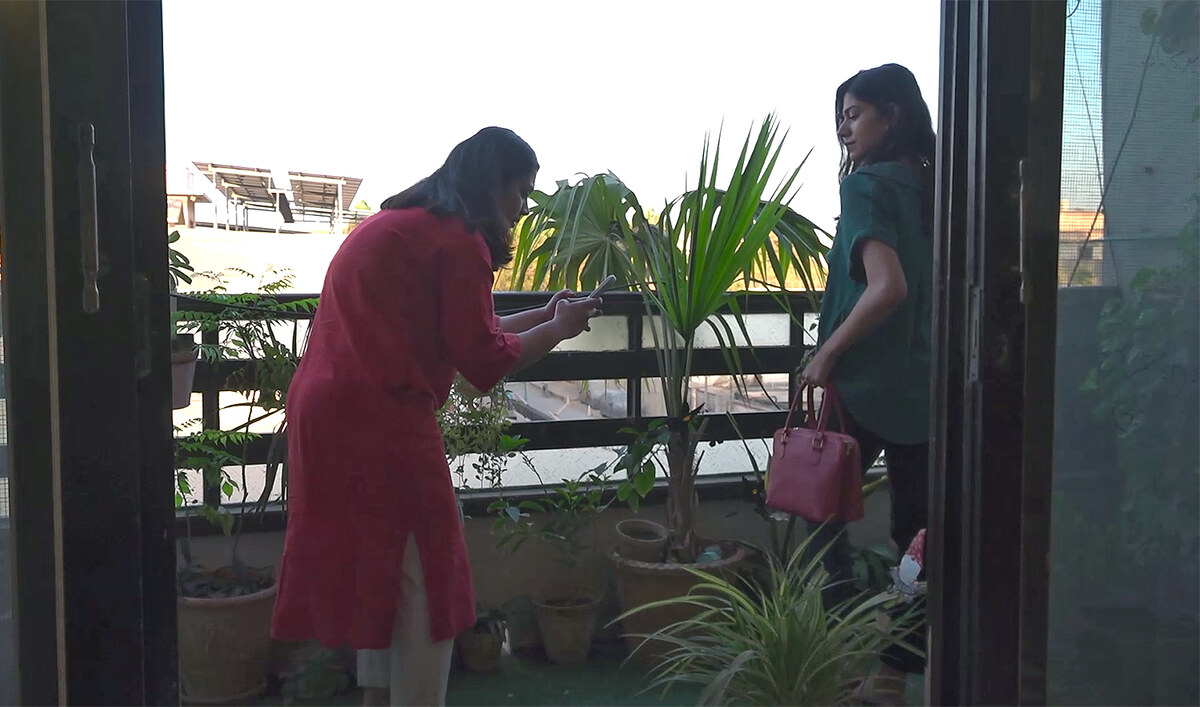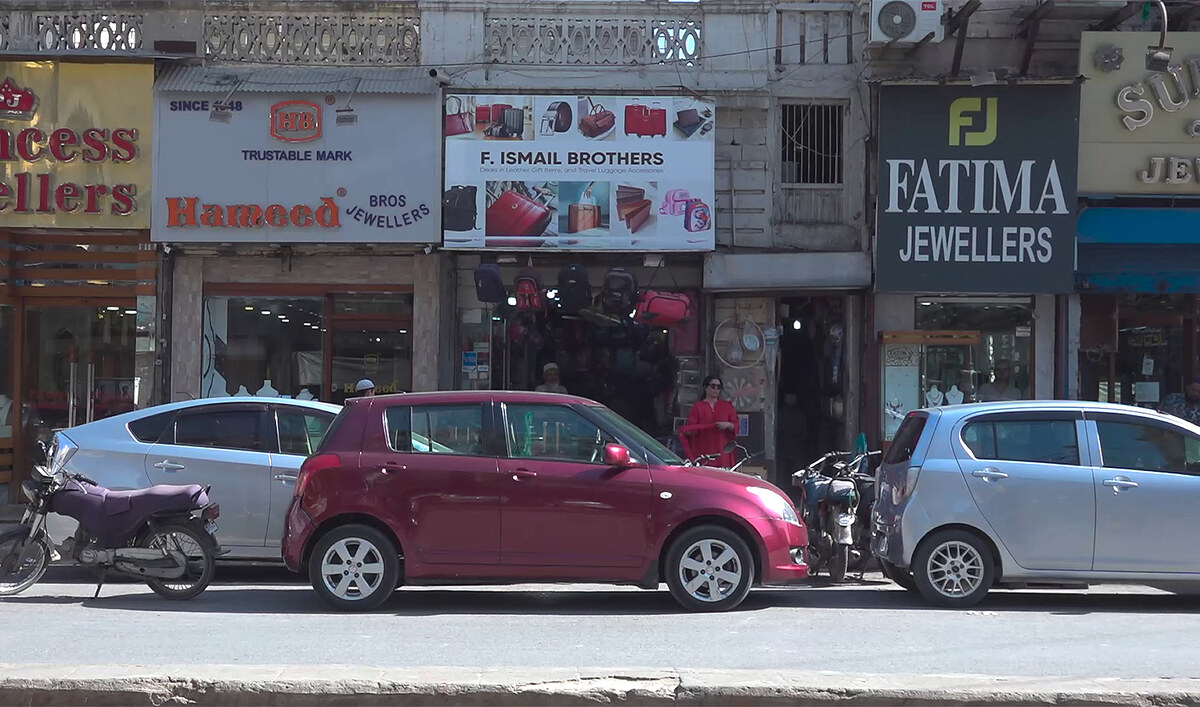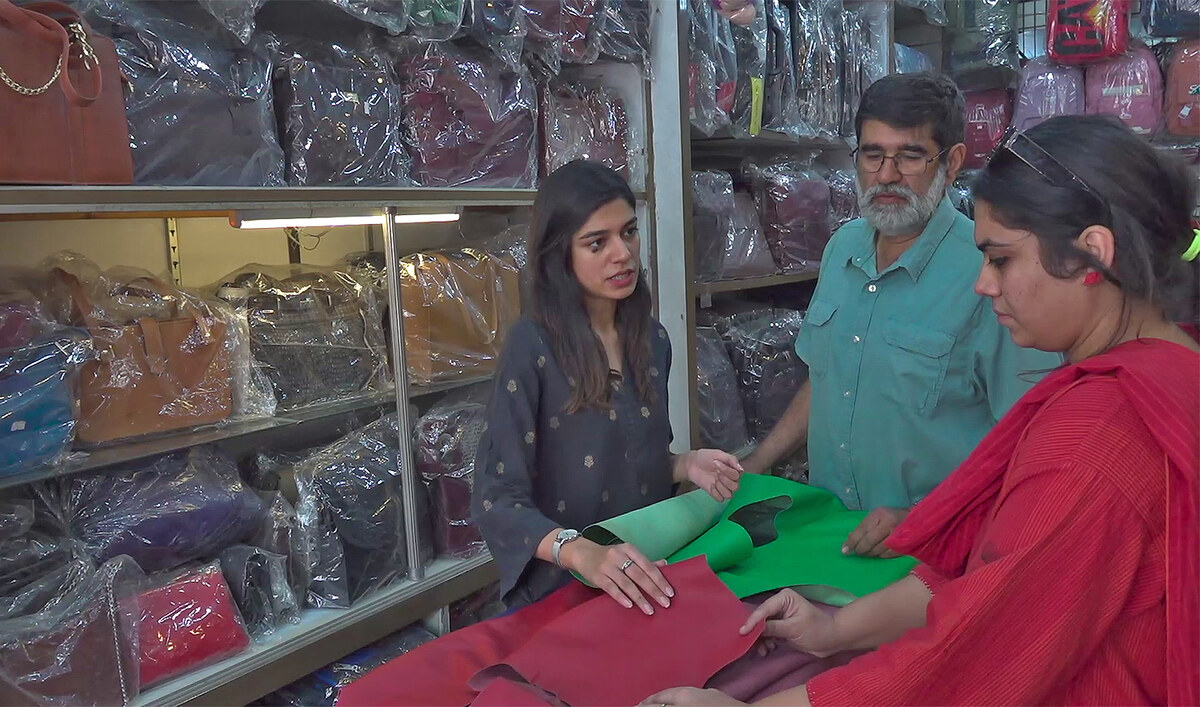ISLAMABAD: Pakistan’s foreign minister Bilawal Bhutto-Zardari’s India visit to participate in the Shanghai Cooperation Organization (SCO) meeting was a “positive development,” said former diplomats and analysts on Friday, though they added an unnecessary hype was created around it as if some breakthrough was expected between the two states.
Bhutto-Zardari’s visit is the first one by a high-profile Pakistani official since Prime Minister Nawaz Sharif attended Indian PM Narendra Modi’s swearing-in in 2014 and de facto Foreign Minister Sartaj Aziz went to Amritsar in December 2016 to attend the Heart of Asia conference.
It also comes at a time when the relationship between the two nuclear-armed arch-rivals has nosedived over a combination of factors including the Kashmir dispute.
Javed Hafeez, a former diplomat, termed the foreign minister’s India visit a step in the right direction, adding it only became possible through the SCO platform since Islamabad had downgraded its relations with New Delhi over Kashmir since August 2019.
“We should see Bilawal Bhutto-Zardari’s India visit as a positive development as it happened after a long time,” he told Arab News. “There is a first step for everything, but expecting restoration of full diplomatic ties and trade with India at this point is not realistic.”
The SCO is a political and security union of countries spanning much of Eurasia, including China, India, and Russia. Formed in 2001 by Russia, China, and ex-Soviet states in Central Asia, the body has been expanded to include India and Pakistan.
The country’s former high commissioner to India, Abdul Basit, said the foreign minister should not have gone to India, given Islamabad’s relations with its arch-rival, adding that a delegate should have represented Pakistan at the SCO meeting.
“An unnecessary hype was created around the foreign minister’s visit to India which led many to believe as if some kind of breakthrough was going to happen,” he told Arab News. “A bilateral meeting between Pakistani and Indian foreign ministers was never expected and it did not happen.”
However, Basit lauded the foreign minister’s statement at the SCO, saying it covered everything including Kashmir, terrorism and climate change issues.
“The foreign minister’s statement was comprehensive and touched upon all important issues,” he maintained.
India and Pakistan have fought three wars since becoming separate nations in 1947, two of them over the Himalayan Muslim-region of Kashmir, which both claim in full but rule in part. New Delhi has for years accused Islamabad of backing separatists in the Indian-administered part of Kashmir. Pakistan denies the allegations.
“The collective security of our peoples is our joint responsibility,” Bhutto-Zardari said in his address at the SCO, a copy of which was released to the media by the foreign office.
“Terrorism continues to threaten global security, [so] let’s not get caught up in weaponizing terrorism for diplomatic point scoring,” he said.
Dr. Qamar Cheema, an expert on international affairs, said Bhutto-Zardari’s visit to India could not lead to any breakthrough in a context in which his Indian counterpart Subrahmanyam Jaishankar did not even shake hands with him.
“The foreign minister did not name the Kashmir issue in his speech and only spoke about it from an international law perspective,” he said while speaking to Arab News while pointing out the Indian external affairs minister even blamed Pakistan for sponsoring terrorism.
From a multilateral perspective, he continued, Pakistan’s decision to take its SCO membership responsibilities seriously was good since it was a growing international platform which could help Islamabad engage with other states in coming years.
However, he pointed out the SCO “lacked will” to discuss bigger issues like Afghanistan and terrorism since its member states had divergent and competing perspectives.
Commenting on the development, Dr. Huma Baqai, an expert on international affairs, said Pakistan showed “political acumen” by sending the foreign minister to India at a time when the diplomatic relations between the two countries were at the lowest ebb.
“Pakistan showed the world through this visit that it remained committed to connectivity, regional peace and was willing to fight challenges like terrorism and climate change,” she said.
“We should not have expected any breakthrough in our relations through this visit as India is already in the election year and political parties over there use Pakistan bashing to win the polls,” she added.





















